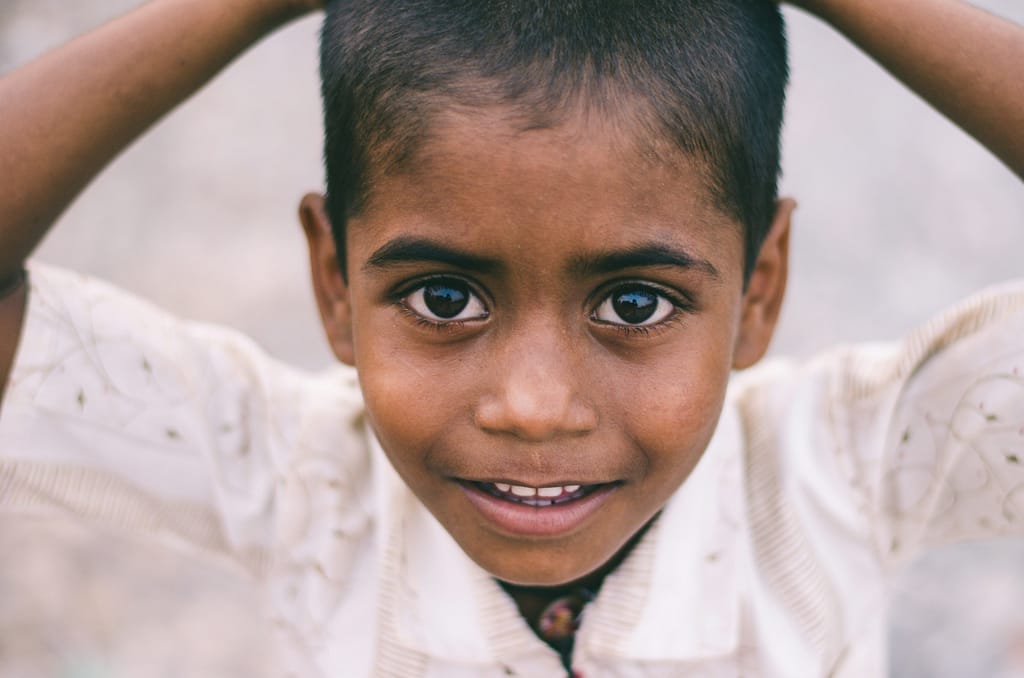
Autism Spectrum Disorder (ASD) affects millions worldwide, with approximately 1 in 89 children in India, totalling around 1,59,77,826 individuals impacted. Despite its prevalence, those with ASD encounter significant barriers in accessing essential services like education and healthcare. Social stigma and discrimination related to these mental health disorders heighten the grief of the affected and their families.
India grapples with numerous challenges exacerbating these difficulties. High population density strains resources, intensifying disparities in access to specialized support. The underprepared government sector struggles to provide adequate infrastructure and services, leaving many individuals with ASD underserved. Meanwhile, the overpriced private sector further restricts access to crucial treatments and therapies. This confluence of challenges fractures India’s socio-economic fabric, depriving countless individuals of the opportunities they deserve. Addressing these systemic issues is crucial to fostering inclusivity and ensuring that individuals with ASD can lead fulfilling lives. Below are some pointers how India can prepare itself to be “Autism Ready”:
- Social Inclusion: Social inclusion and fostering empathy and understanding among the citizens are pertinent towards creating a just and attentive society. By creating environments that accommodate the needs of individuals with ASD, India can cultivate a more compassionate society where diversity is considered normal. Communities have to come together to be tolerant and enjoy occasions with those who may NOT have “perfect normal” behaviours.
- Educational Reforms: Proposing alterations to the existing syllabus and advocating for innovative teaching methods tailored to the needs of students with neurodevelopmental disorders can promote inclusive education in India. By integrating practical skills training and implementing individualized education plans (IEPs), India can empower students with ASD to thrive academically and socially.
- Collaborative Efforts: Collaboration between government agencies, advocacy groups, civil society, and stakeholders in the entire ecosystem is essential to make India autism-ready. Initiatives such as mandatory training on Autism for school staff, travel and tourism professionals, law enforcement officers, and the community at large, can raise awareness and promote inclusive practices across various sectors.
- Legislative Measures: Enacting legislation that mandates comprehensive health insurance plans, subsidized health care services, better budget plans, and much more are crucial for tending to the mental health conditions, including ASD. By prioritizing mental health parity, India can ensure equitable access to care and support for individuals with ASD.
- Awareness and Education: Raising awareness and dispelling stigmas surrounding mental health disorders, including ASD, is essential for fostering a more inclusive society. Education campaigns targeting care providers, educational institutes, other stakeholders, and the general public can promote understanding and acceptance, hence a fair and equitable society.
- Research and Innovation: Continued research into effective interventions and innovative approaches to mental healthcare delivery can expand access to services and enhance outcomes for individuals with ASD. Mobile clinics and digital therapeutics can further improve access to care, especially in remote areas.
- Growing Tourism Potential and Economic Benefits: With the facilitation of travel for individuals with ASD and their families, India can attract a substantial number of international travellers, with projections indicating a potential increase of 137% in the long term. By embracing autism-friendly practices, India can tap into this market (that is so far dominated by the developed Western countries) and enhance its reputation as a welcoming and inclusive destination.
BloomBuds’ comprehensive approach, encompassing proposals to government ministries, awareness campaigns, and workshops, underscores its dedication to fostering inclusivity for individuals with neurodiversity in India. Through extensive research and collaboration with experts, BloomBuds has connected with global caregivers, gaining valuable insights into the challenges faced by those with ASD. Recognizing the power of communication, BloomBuds endeavours to normalize Autism, combatting stigma and discrimination through various channels like social media and educational events. By promoting understanding and acceptance, BloomBuds strives to ensure that every individual, regardless of neurodiversity, can flourish in India.
